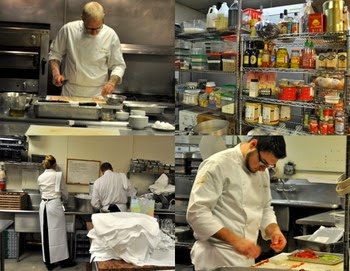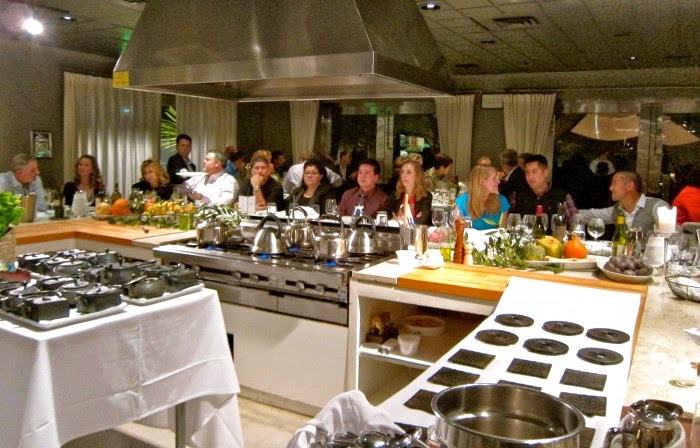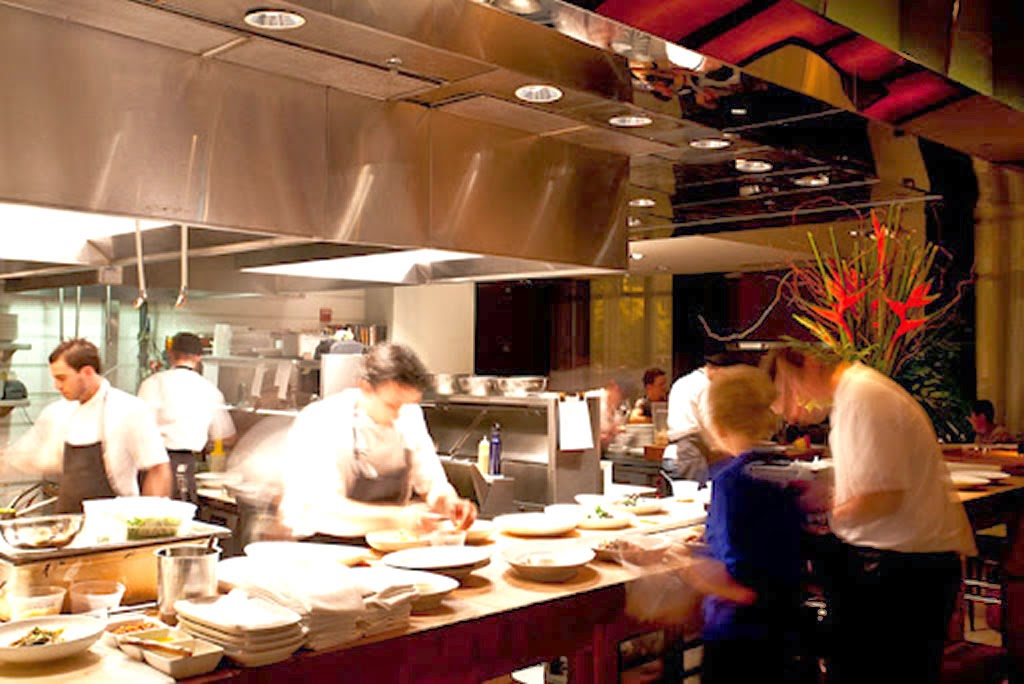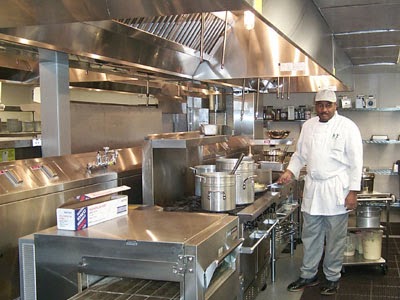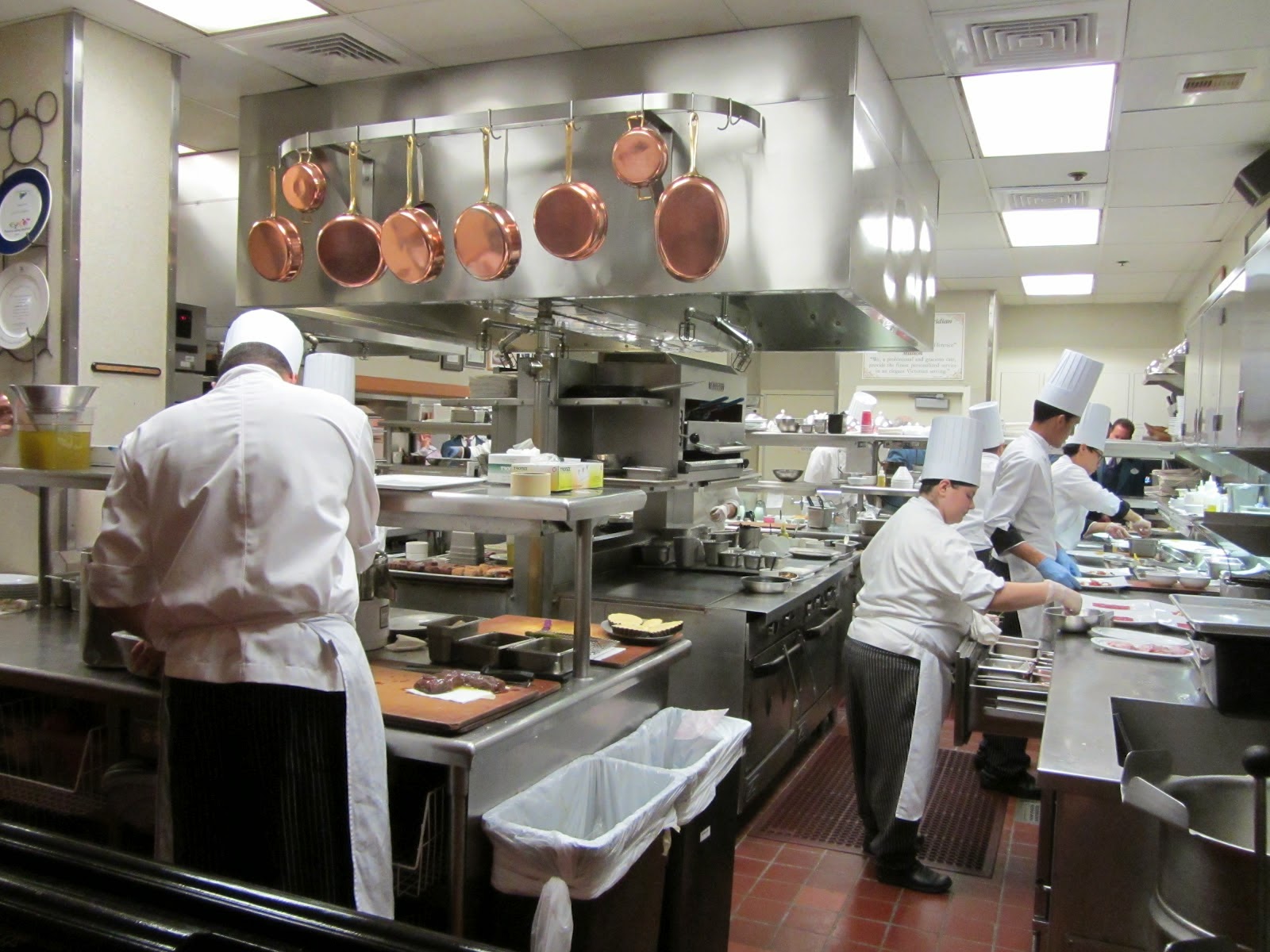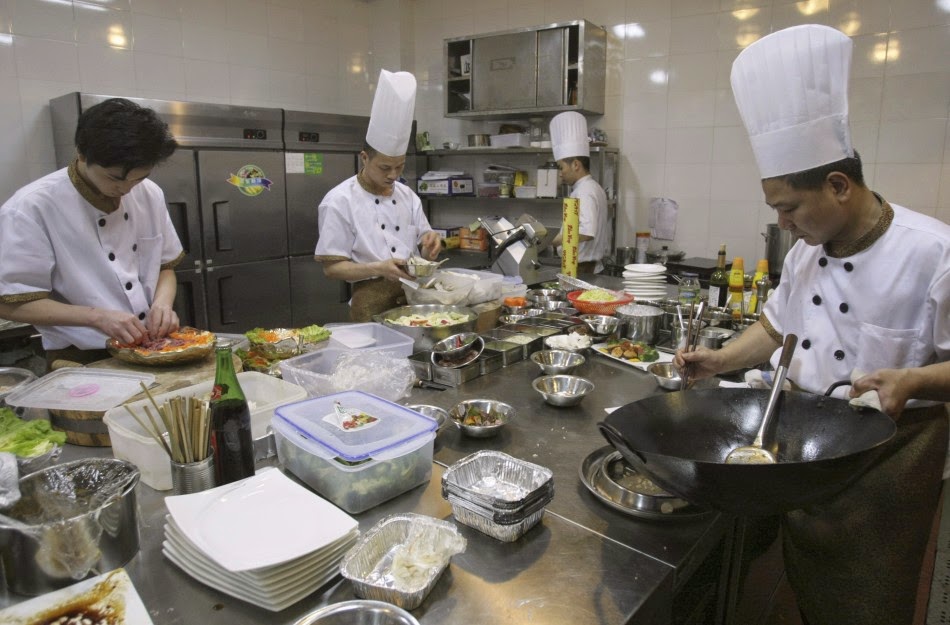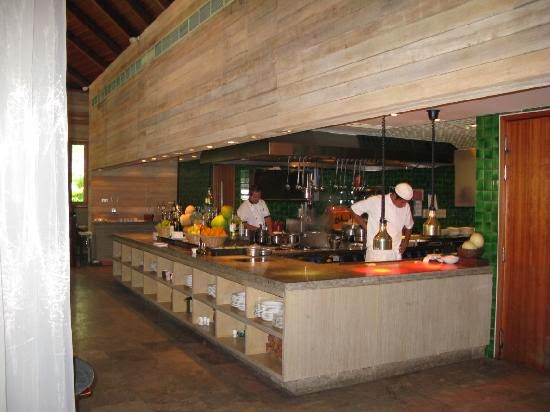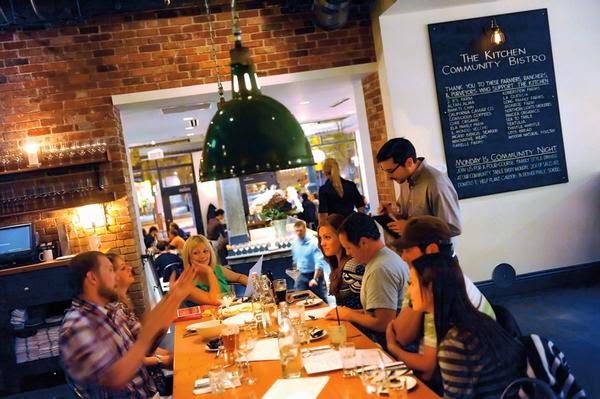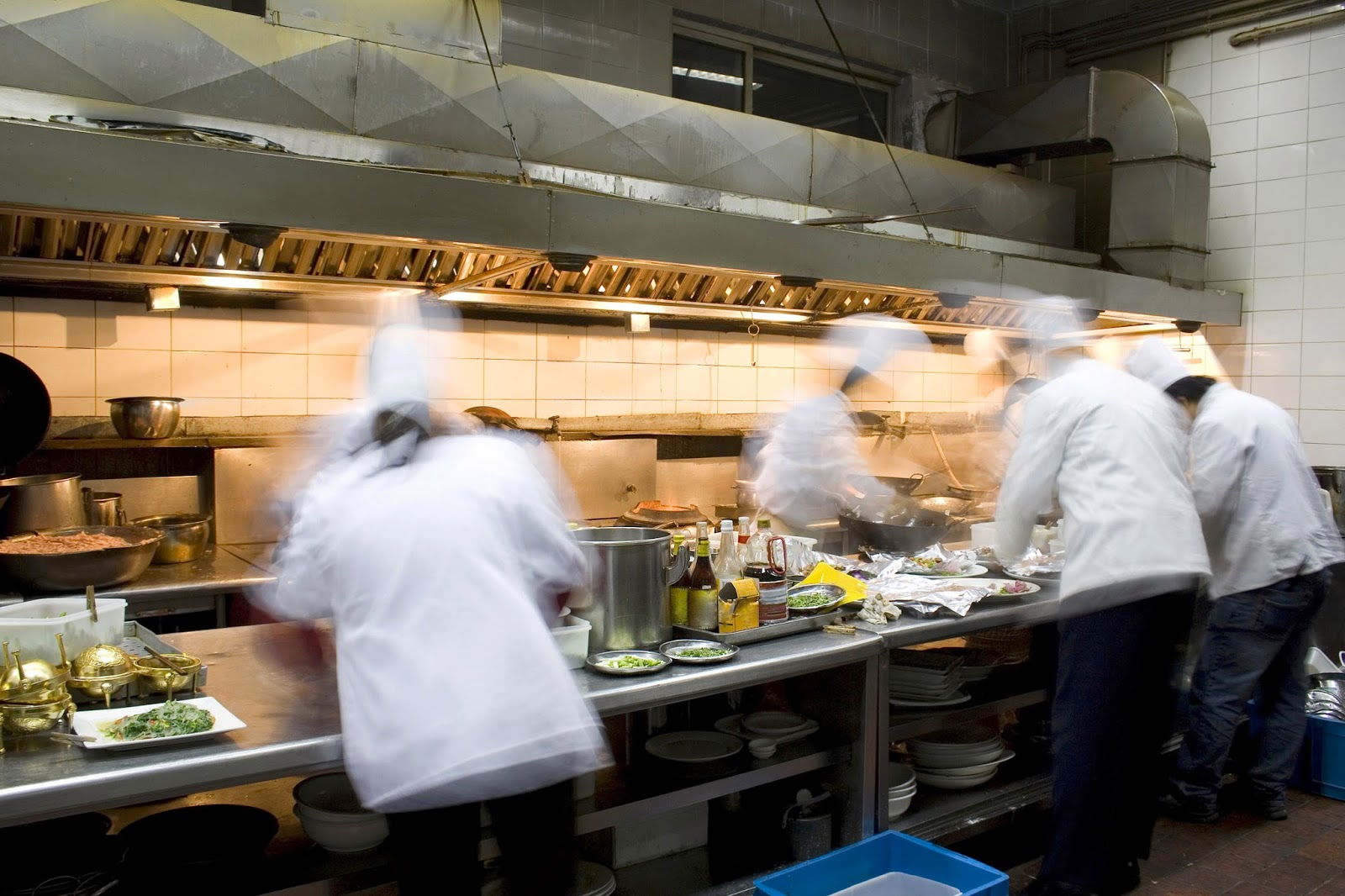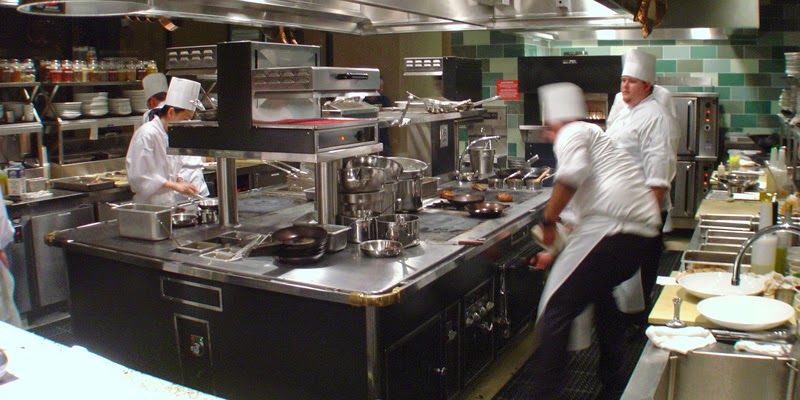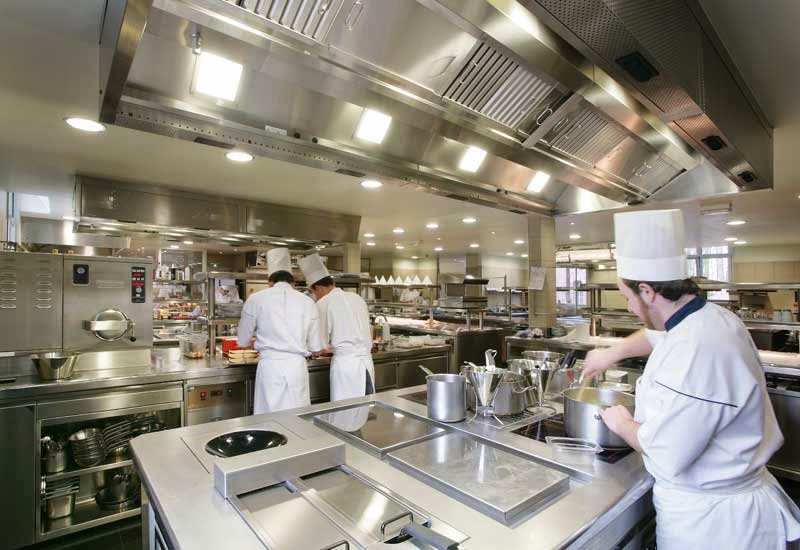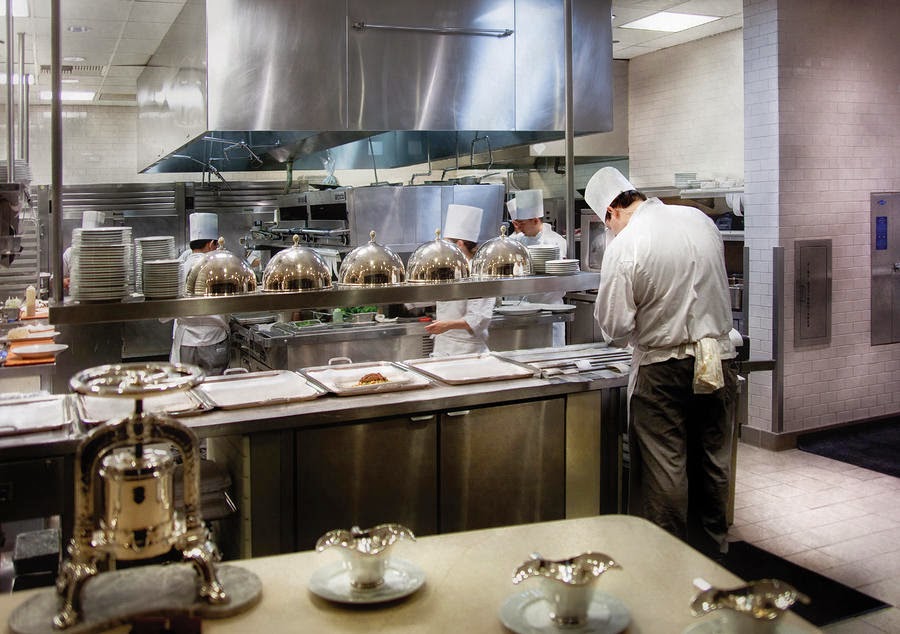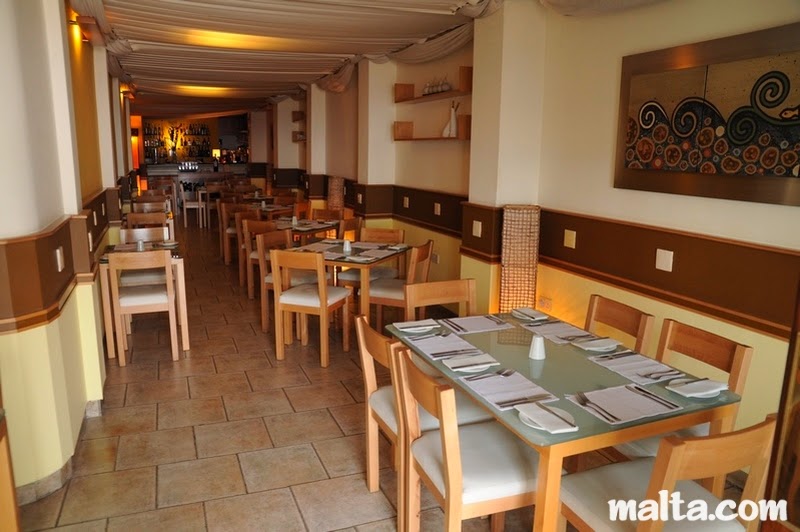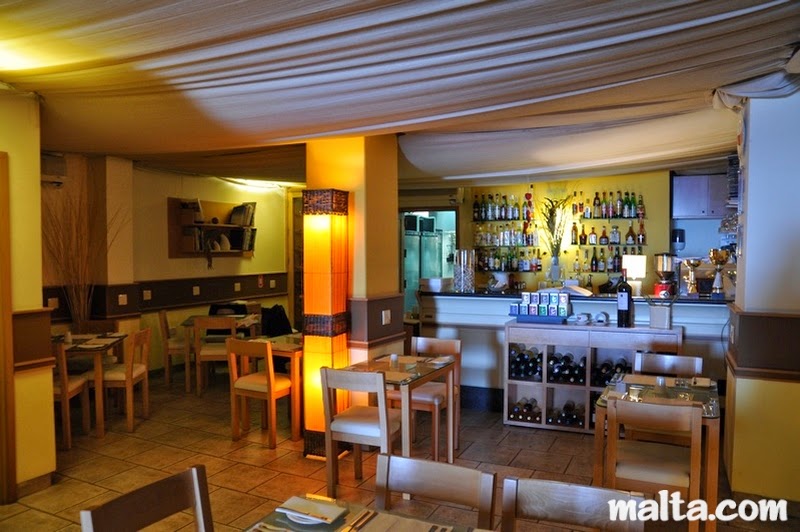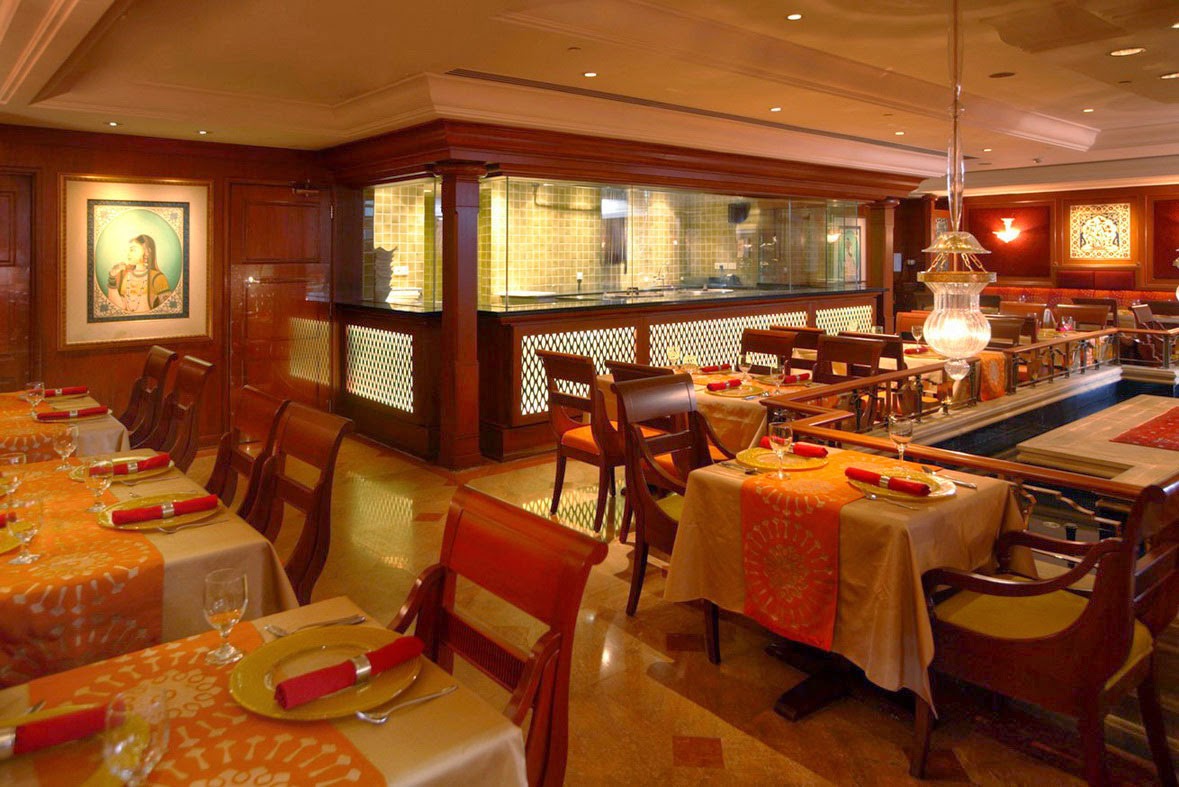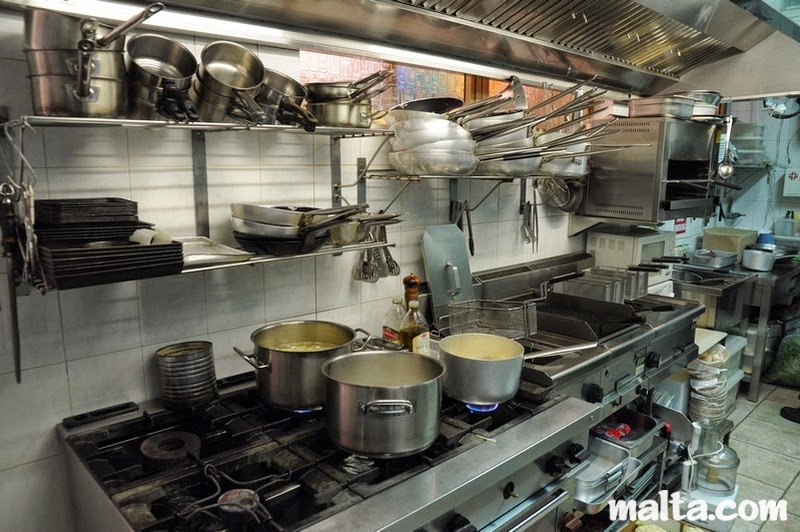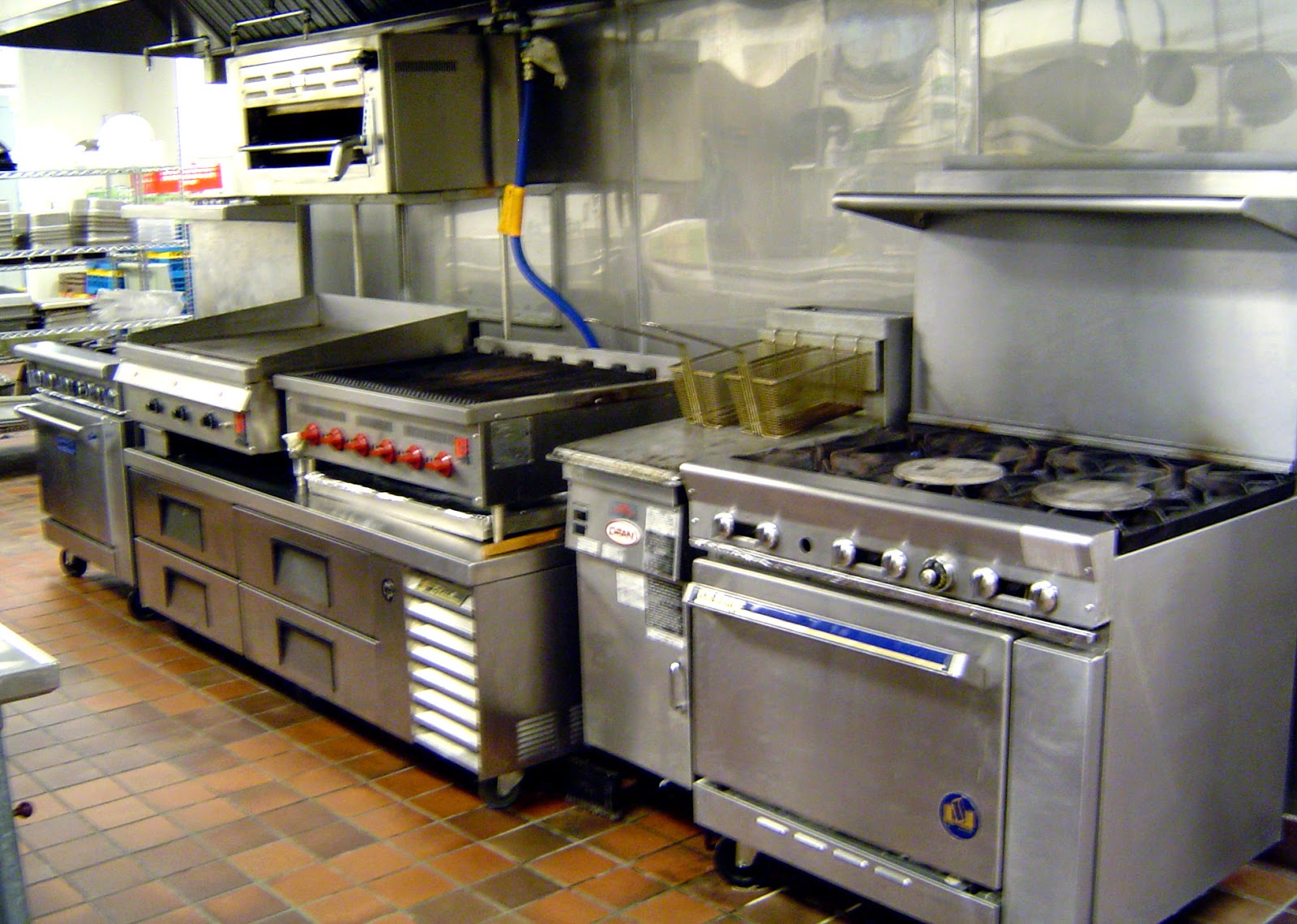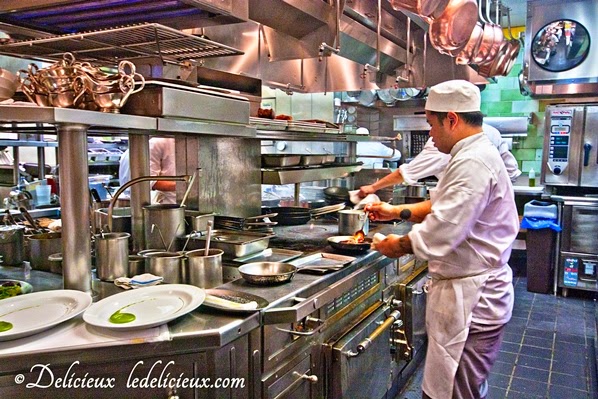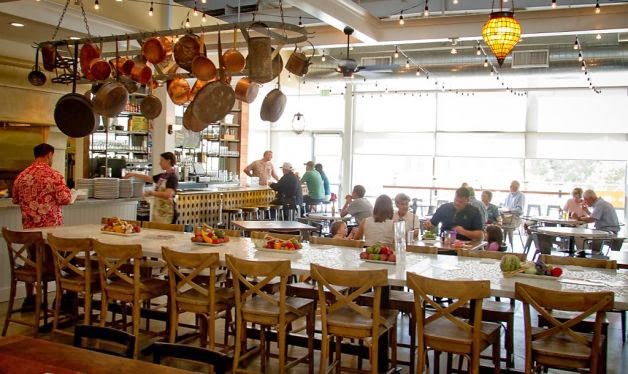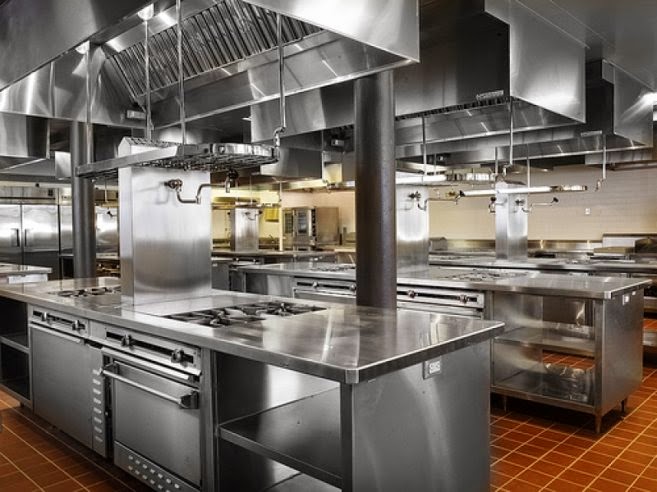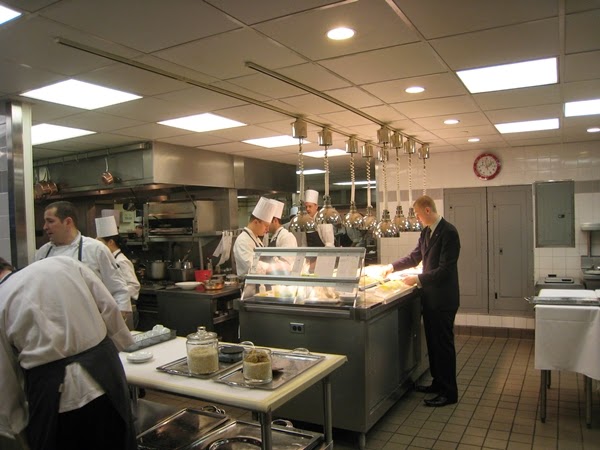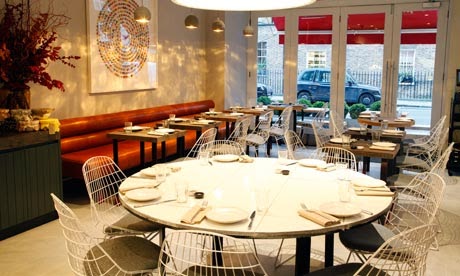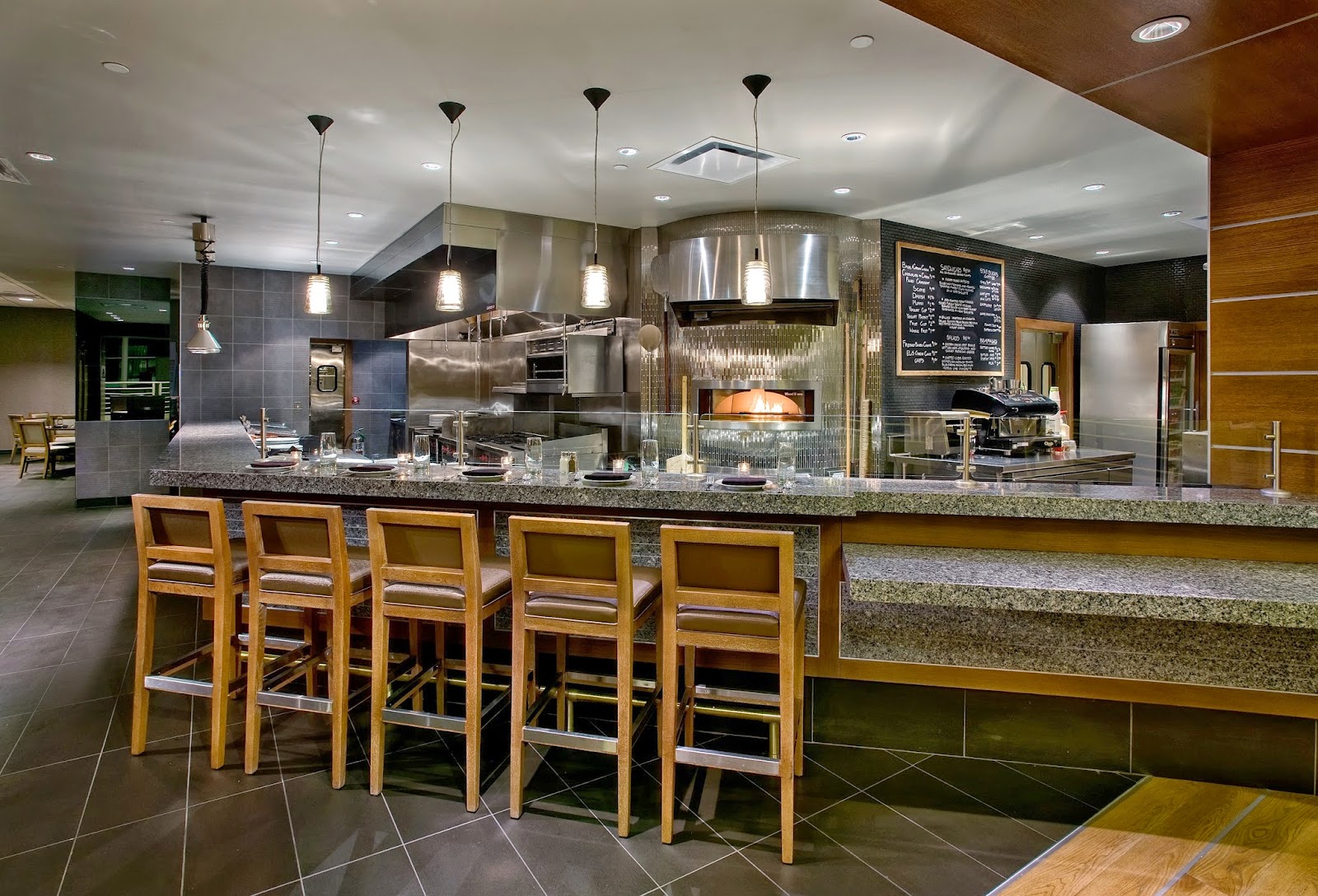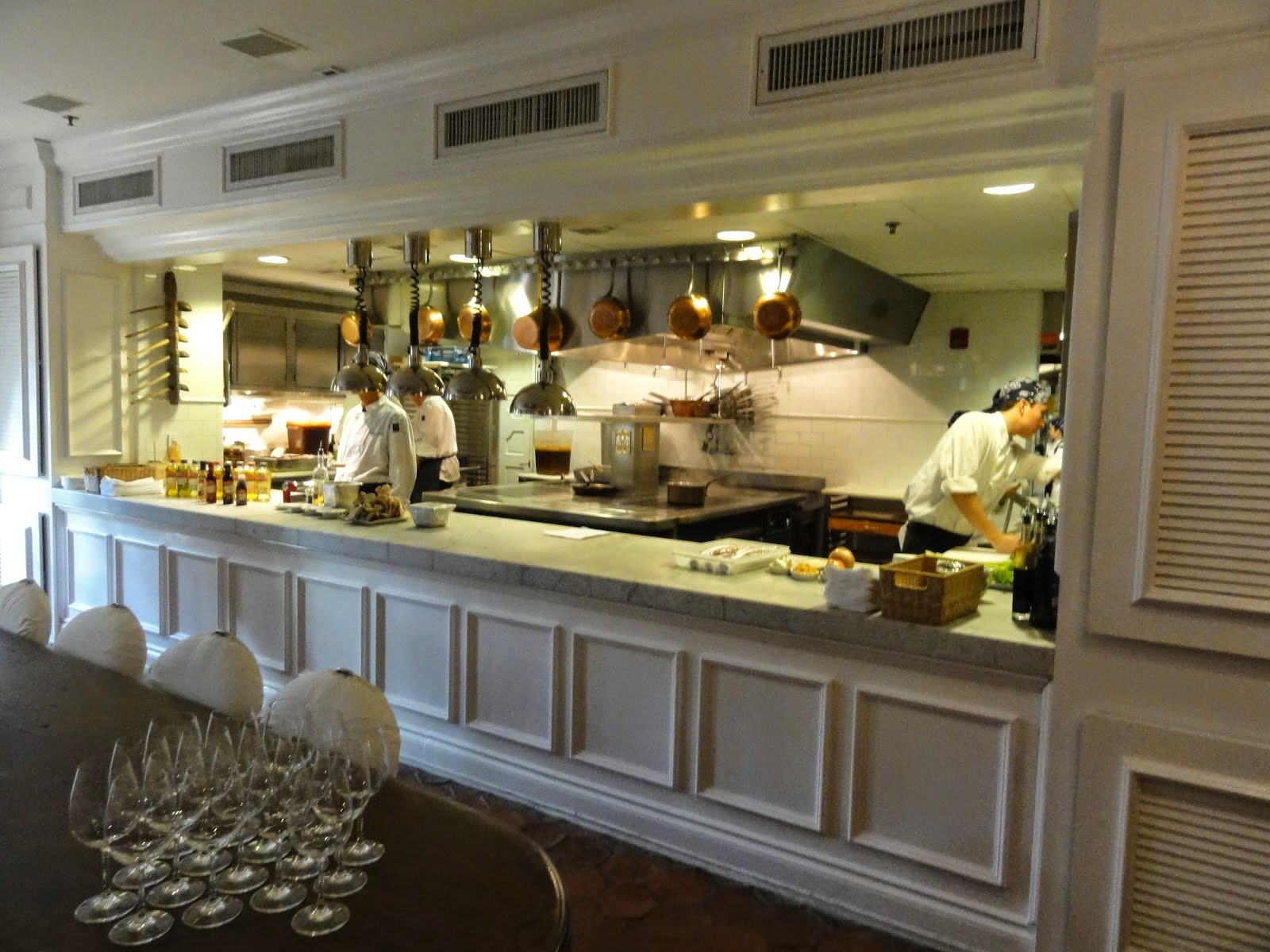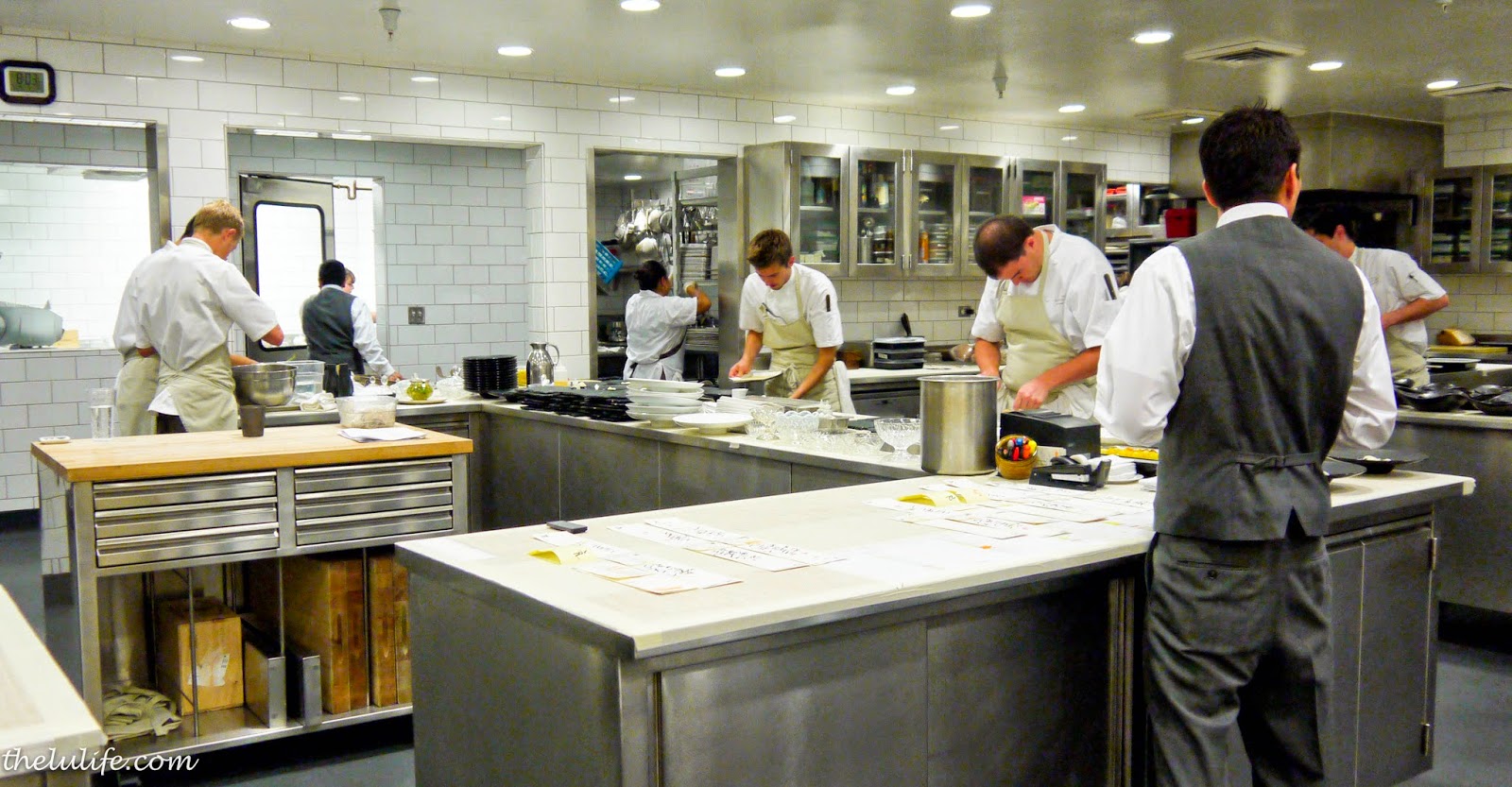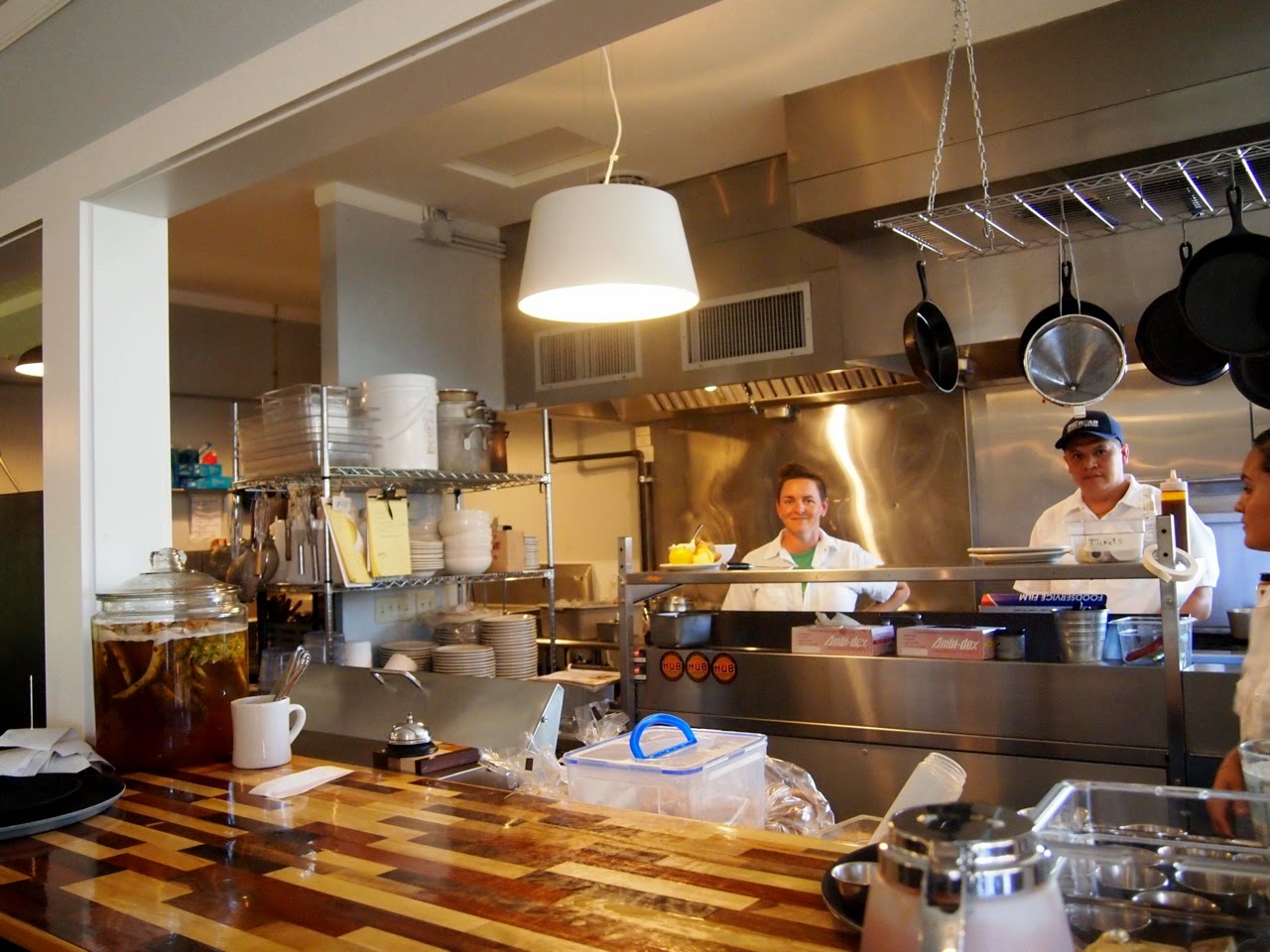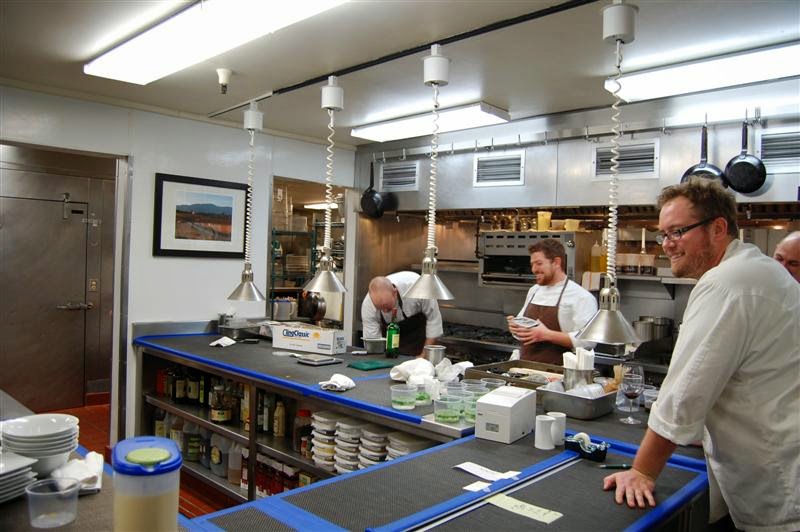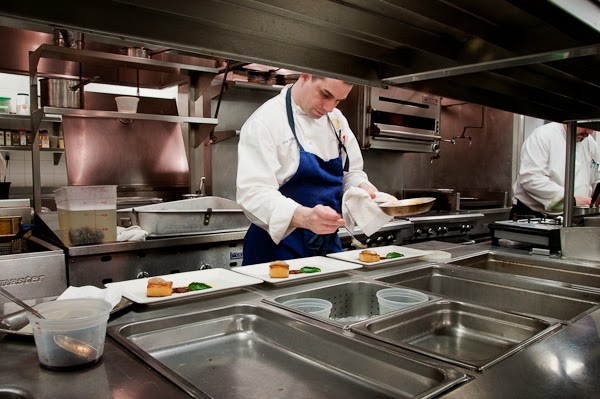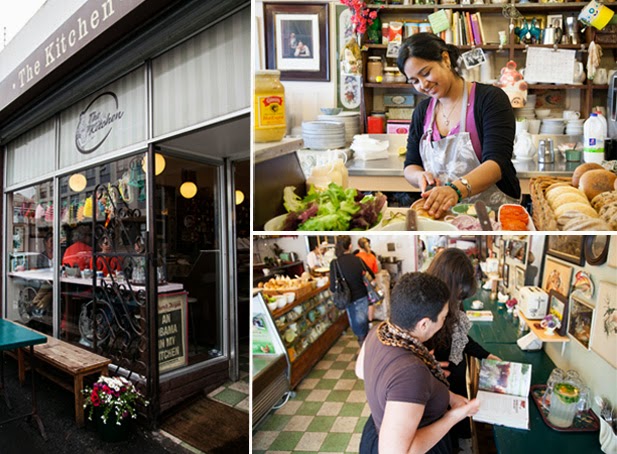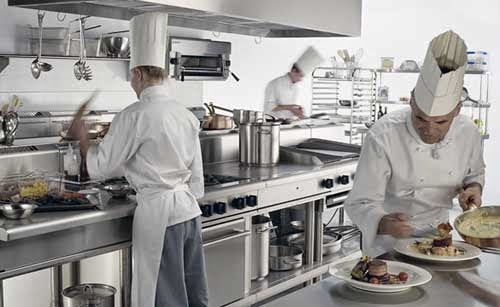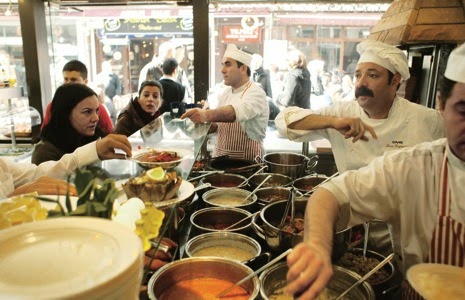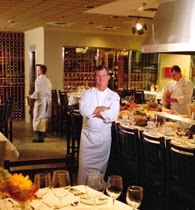As I mentioned in the introduction of this article Chef is a term that has taken on a new meaning recently in the hospitality world. If you know how to cook you now are referred to as "chef". Well let's look at what a chef is and what he/she does. The Qualities of a Great Sous Chef would require knowledge of all of the stations in a kitchen and the responsibilities of each of those stations and the Chefs that operate and manage those areas of the kitchen.
The key word in that definition is "manages". A Chef has the training and experience to run all the operations of the kitchen. He / She are capable of running every station in the kitchen, and have the experience and training to train the staff of the kitchen to run each operation. They handle the ordering of supplies, including food, sanitation and typically works hand in hand with the Food and Beverage Manager of the operation to make sure the operation has complementarity beverages for the customer's satisfaction.
Kitchen Managers usually have good management skills but may not have training in the Culinary Arts. Not to say a Kitchen Manager isn't or couldn't be a Chef. It just depends on the operation and how they label the people in the operations chain of command. However, usually an operation that has a Chef in charge of the kitchens is an upper scale food service operation. Like a Hotel, Fine dining restaurant or Country Club to name just a few businesses that would employ a Chef.
That brings us to the different levels of Chef and chain of command in a food service operation. There are many levels of Chef in a large scale operation. The chain of command, of the kitchen in a large scale operation, could have several different titles of chef within the operation. Large Hotels, Country Clubs, Resorts, Cruise Ships, Theme Parks just to name a few would have many of these Chefs in their employ.
Executive Chefs (Chef de Cuisine or Head Chef) this position is in charge of all operations within the food service operation. They are responsible for writing menus for restaurants, banquets, profit and loss reporting and budgets for food and labor, scheduling of all kitchen employees, sanitation and food safety within the kitchens. Ultimately they are the person responsible for every plate that leaves the kitchen and every banquet that is served. They will have several assistants in the kitchen that they manage and train to handle all these different goals.
Executive Sous Chef de Cuisine (known as the under Chef of the kitchen) this position has many of the same responsibilities as the Executive Chef. When the Executive Chef is not on the property the Executive Sous Chef is responsible for all of the kitchen operations. They report to the Executive Chef. And manage the training and production of the Sous Chefs and stations they manage in the kitchen.
Sous Chefs de Cuisine (Assistant to the Executive Sous Chef de Cuisine) in a large operation there may be several Sous Chefs managing different restaurants, banquet services and the many service stations within those operations. The Sous Chef reports to the Executive Chef and Executive Sous Chef in the kitchen.
Restaurant Chef (Chef de Restaurant) this person is in charge of a Restaurant in a large operation where there may be several restaurants on the property. Large Hotels typically have several restaurants and require this kind of position to manage a restaurant of a property within that operation. They are responsible for the training and production of all the executive responsibilities of the restaurant they manage. They report to the Sous Chef and Executive Sous Chef in the kitchen.
Banquet Chef (Chef de Banquet) This position typically works with the Food and Beverage Director (manager) and sales department in the planning and execution of parties that are on the property and possibly "off site" banquets the property has sold. In a large operation to most banquets are sold from a menu of several different options the Executive Chef has put together that are part of his / her style. It is the responsibility of the Banquet team to work together to provide excellent service to these quests. Banquets are usually a high profit part of the operation. Because the menu is known in advance as well as the number of guests being known, there is very little chance for profit loss as long as the banquet is accomplished as ordered. These areas of an operation are often the highest profit centers in an operation. They report to the Food and Beverage Director and the Sous Chef in charge of their area.
Next are the stations that make up the classical kitchen. These positions may be people that are in an apprenticeship. Learning all the different stations is required to become a Sous Chef. If one desires to become a great Sous Chef it is vital they learn all of these stations and the responsibilities of those stations of the kitchen. Some people choose to specialize in one of these areas of the kitchen and have reached the goal they set out to do and are happy to just master one area of the kitchen.
